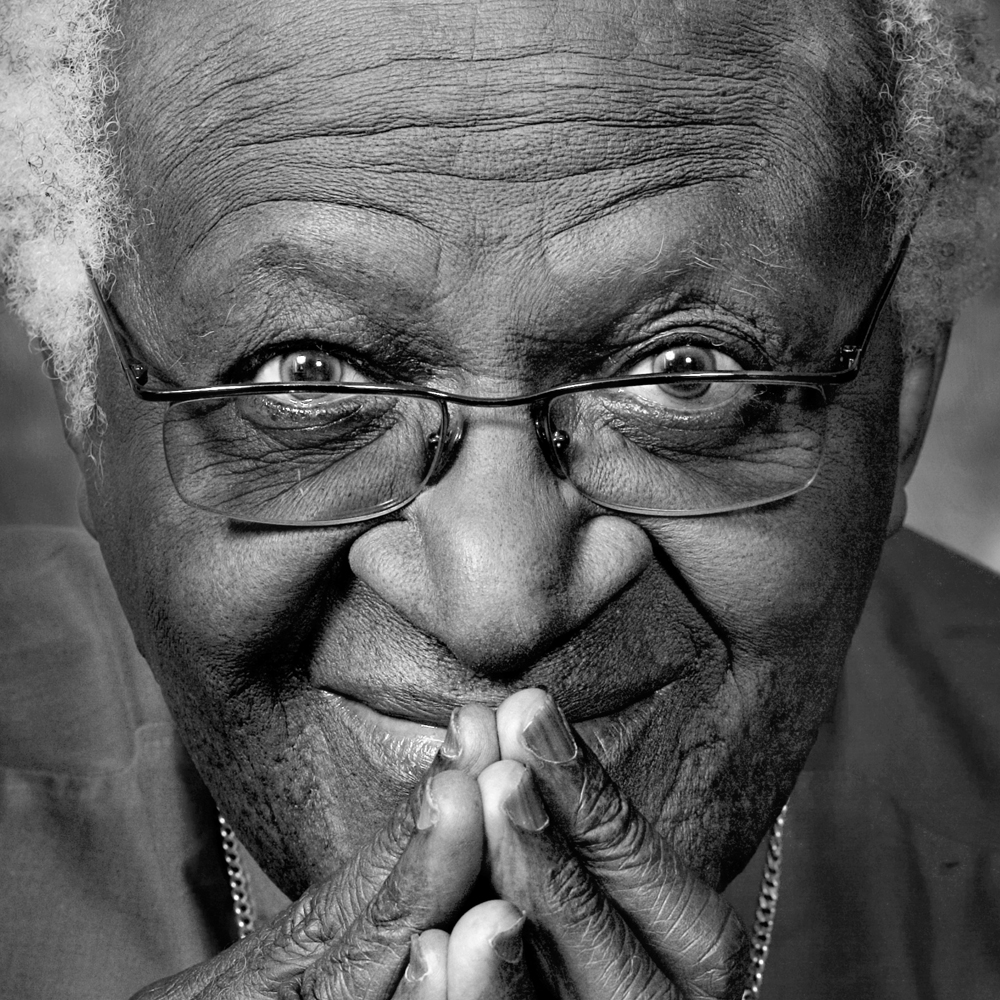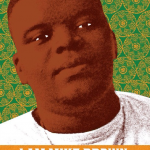GODSTUFF
PFLEGER ISN’T ALONE IN RHETORICAL MISSTEPS.
St. John the Divine in Silence/17th-century Russian icon
In the face of silence (as in the absence of proof) we are left with theories.
Since Thursday afternoon, when a group of parish leaders from St. Sabina Roman Catholic Church met privately with Cardinal Francis George at the archdiocese’s pastoral center, there has been silence.
No one is talking. Not Sabina’s embattled pastor, the Rev. Michael Pfleger. Not the parish’s pastoral associate and effective No. 2, Kimberly Lymore. Not the cardinal. Not the archdiocese’s official spokeswomen. Not even off the record.
Most of us can only guess what might happen next.
A hush has fallen over the five-alarm controversy that has roiled religious and political circles from Chicago to Kathmandu (or at least that’s what it’s felt like) since Pfleger let fly a snarky torrent of racially-loaded criticism of Hillary Clinton in a sermon late last month.
The cardinal placed Pfleger on a leave — for a “couple of weeks,” he’s said — so that the longtime activist/rebel-priest can reflect on what he said and did, and maybe achieve some new perspective. Pfleger and his loyal parishioners balked, as did many of us who admire Pfleger for his tireless work on behalf of the least of those among us even if his bombastic style sometimes makes us cringe.
But maybe the cardinal was on to something after all. Maybe we all needed to take a few deep breaths.
I don’t know what transpired at that meeting Thursday between St. Sabina leadership and the cardinal, but whatever it was must have been monumental. (Parish leaders have said they would not speak publicly again until a statement is read to the “parish family” at mass this morning.)
Cardinal George and Mike Pfleger have a long, acrimonious history. They clearly rub each other the wrong way, in much the same way as they both rub a lot of other folks the wrong way.
Both men of God can come across as arrogant and stubborn. And both have had their share of rhetorical missteps.
I wonder whether the cardinal wasn’t in some way acting from his own difficult experiences when he told Pfleger to step away from the parish and let things cool down.
In April 2002, I was standing on an outcropping overlooking Vatican City with George, who was waiting to be interviewed by a TV reporter, when his cell phone rang. It was one of his press people in Chicago calling to inform him that comments he’d made earlier in the day at a press conference with other American bishops about the clergy sex abuse scandal had caused a near riot at home.
“There is a difference between a moral monster like [John] Geoghan, who preys upon little children, and does so in a serial fashion, and to someone who, perhaps, under the influence of alcohol, engages in an action with a 17 or 16-year-old young woman who returns his affection,” George had said.
I was in the audience that day and as soon as the words left George’s mouth, I knew he was in for it. But he didn’t have a clue until hours later when his spokeswoman called from Chicago where the archdiocese’s phone bank had been flooded with calls from angry Catholics.
“But there’s a clinical difference,” I recall the cardinal stammering into the phone.
Yes, there is, but that’s not what people needed to hear at that traumatic time in church history. He should have known better than to make such a comment in public, with cameras rolling. And he caught holy hell for it.
One Sunday in Ocotber 2006, the cardinal was a guest at Catholic Theological Union in Chicago, the largest Catholic theological school in the nation. He delivered a homily during a special service for the heavily international student body where he made some keen observations about the way the United States is viewed abroad, remarks for which he quickly felt a lot of heat.
“The world distrusts us not because we are rich and free. Many of us are not rich and some of us aren’t especially free. They distrust us because we are deaf and blind, because too often we don’t understand and make no effort to understand,” he said.
“We have this cultural proclivity that says, ‘We know what is best and if we truly want to do something, whether in church or in society, no one has the right to tell us no.’ That cultural proclivity, which defines us in many ways, has to be surrendered, or we will never be part of God’s kingdom.”
They were unusually forceful words from George, who normally shies away from addressing anything remotely political in public. Some critics howled that he was anti-American, that he’d crossed a line.
I thought his comments were incredibly astute. I agreed with him, in the same way that I agreed with the point Pfleger was trying to make about racial entitlement in his sermon at Trinity United Church of Christ. His crucial point was lost, forever I’m afraid, in the over-the-top dramatics he used to mock the former First Lady.
“I remain hopeful that this could be a grace for [Pfleger] and for everybody,” the Rev. Donald Senior, president of Catholic Theological Union, told me Friday, referring to his force leave of absence. “This must be killing him. I mean, everywhere he turns, people are throwing brickbats and it seems endless. … Just take a deep breath. Why not? He deserves it.”
We all do.











